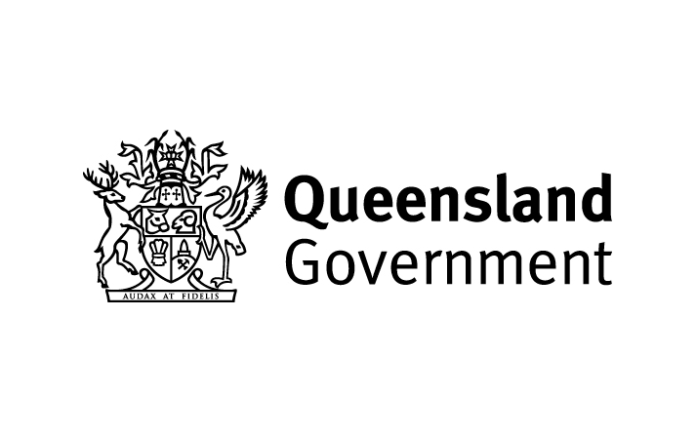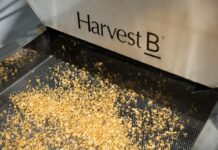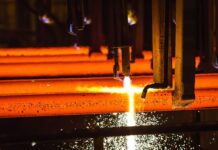
Media Release
The rubber has literally hit the road in Queensland’s push to become a hydrogen superpower.
Minister for Energy, Renewables and Hydrogen Mick de Brenni has taken the covers off the first hydrogen vehicles to hit Queensland roads, five Hyundai Nexos that join QFleet from Monday, with distinctive, Indigenous-inspired designer decals.
They join a landmark 100 electric vehicle now in the State Government fleet and will be available to frontline health staff, educators and community workers.
Support for Queensland’s hydrogen industry is a key part of the Palaszczuk Government’s plan for recovery from COVID-19.
They were a huge hit with the Brisbane Lions 2021 AFLW premiership-winning players on hand prior to the final-round AFL clash at the Gabba, supporting both their clubmates and Queensland-led hydrogen revolution.
“These head-turning vehicles will be fuelled with home-grown Queensland hydrogen as they are tested in on-road conditions over the next three years,” Mr de Brenni said.
“Leasing them as part of our trial of fuel cell electric vehicle technology highlights the fact that QFleet – the government’s fleet manager – continues to drive Queensland’s renewable transport options,” he said.
“This trial aims to accelerate the uptake of hydrogen technology and support Queensland’s push to position itself as a global hydrogen superpower.
“It will demonstrate the effectiveness and efficiency of hydrogen for passenger vehicles and possibly lead the way for hydrogen’s roll-out to trucks, trains and marine applications.
“This, in turn, helps grow our local hydrogen supply chain and that means more jobs for Queenslanders in this emerging sector.
“It means jobs sourcing raw materials for renewable hydrogen production and manufacturing state-of-the-art technology, right through to exporting this renewable energy to an increasingly hydrogen-hungry world market.”
Mr de Brenni said while the transport sector is currently Queensland’s second largest source of greenhouse emissions, ironically, it could be the vehicle for dealing with climate change.
“The Queensland Government has set a target of zero nett emissions by 2050 and the transition to low and zero-emission electric vehicles will be a significant driver of this target being met,” he said.
“QFleet now has over 100 electric vehicles in its stable and is well on track to hit its target of 144 electric vehicles by the end of 2021, and 288 by the end of 2022.
“The striking decal design – featuring a hydrogen nucleus and the Brisbane River (Maiwar) – was created by Brisbane-based Indigenous-owned creative company Iscariot Media, and features community connection in Brisbane and across Queensland.
“It’s sure to help inspire Queenslanders to think about how we can play a part in the evolution of clean, renewable transport.”
Jun Heo, Hyundai Motor Company Australia CEO, said Hyundai is proud to see the deployment of its cutting-edge hydrogen vehicle into the Queensland Government fleet.
“The safe, practical and zero-emissions NEXO is a cornerstone in the Hyundai portfolio, complementing our hybrid, plug-in hybrid and battery electric vehicles, IONIQ and Kona Electric,” he said.
“We congratulate the Queensland Government for its vision and advanced policy as the state moves toward a zero-emissions future with hydrogen as a key component. Meanwhile, Hyundai continues its long-term drive towards leadership in eco-friendly vehicles.”
Iscariot Media managing director Leesa Watego said the company was excited about the opportunity to work with the Queensland Government to create a design to help showcase a new technology that could power Queensland.
“While Maiwar (the Brisbane River) is featured on the vehicle as this is the home of the vehicles, the design demonstrates the interconnectedness of communities across Queensland and Australia,” Ms Watego said.
Mr de Brenni said QFleet – serving Queensland for 30 years – today manages a fleet of over 10,000 passenger and light commercial vehicles and its environmental credentials – whether it be through trialling new fuels or new technology – are second-to-none.
“The team plays an essential role in ensuring frontline workers such as health professionals, educators, community workers, park rangers, building and emergency services can deliver the community services Queenslanders expect and need,” he said.
“It also helps ensure our first responders to natural disasters are where they need to be as soon as possible to quickly put us on the road to recovery.
“It’s definitely been an incredible journey for QFleet over the past 30 years … and we can only imagine where we will be in another 30.”



















